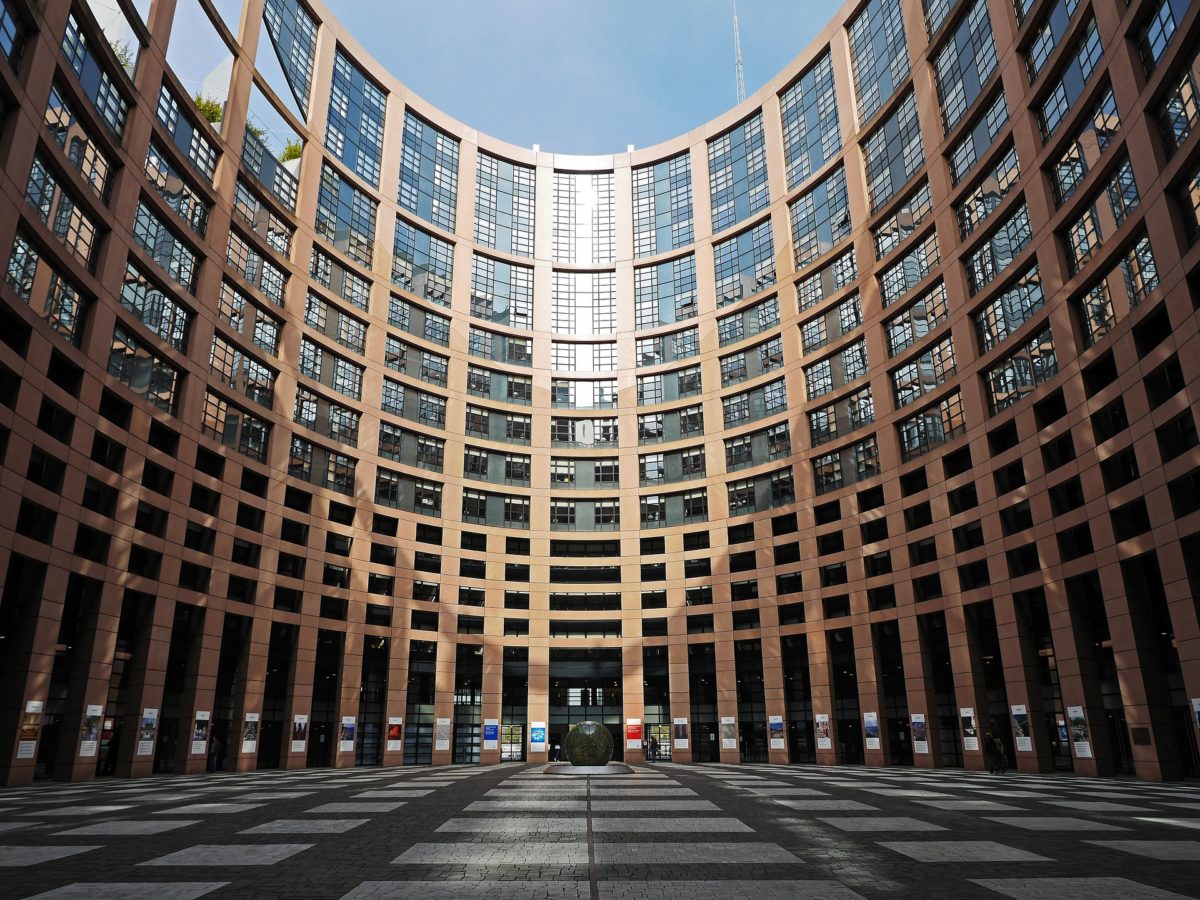The European Parliament committees responsible for the environment and economics have joined a chorus of protest against the European Commission's plans to include gas and nuclear energy on its list of sustainable power sources.
Members of the European Parliament (MEPs) have voted by 76 votes to 62, with four abstentions, to oppose the commission's delegated act. The subject will now go to a full vote by parliament in a session that starts on July 4.
Opposition by an absolute majority of at least 353 MEPs would force the commission to withdraw or amend the legislation. The European Council, which includes representative politicians from each EU member state, also has until July 11 to veto the legislation.
Mairead McGuinness – the European commissioner for financial stability, financial services, and the capital markets union – defended the inclusion of gas and nuclear on the list of sustainable fuels when she addressed members of the environment and economic committees in March. She said the nuclear projects would only be eligible for consideration as “sustainable” if they adhered to strict measures relating to nuclear waste. She also said that gas projects must become clean or “low-carbon” by 2035 for inclusion on the list. Her appeal largely fell on deaf ears, however.
Committee members have said that any new or amended delegated acts tabled by the commission in the future will be subject to public consultation and impact assessments. The move to define gas and nuclear projects as sustainable, revealed by the commission during the Christmas and New Year break, was fiercely criticized in January by the executive's own advisory body, the Platform on Sustainable Finance.
This content is protected by copyright and may not be reused. If you want to cooperate with us and would like to reuse some of our content, please contact: editors@pv-magazine.com.




By submitting this form you agree to pv magazine using your data for the purposes of publishing your comment.
Your personal data will only be disclosed or otherwise transmitted to third parties for the purposes of spam filtering or if this is necessary for technical maintenance of the website. Any other transfer to third parties will not take place unless this is justified on the basis of applicable data protection regulations or if pv magazine is legally obliged to do so.
You may revoke this consent at any time with effect for the future, in which case your personal data will be deleted immediately. Otherwise, your data will be deleted if pv magazine has processed your request or the purpose of data storage is fulfilled.
Further information on data privacy can be found in our Data Protection Policy.